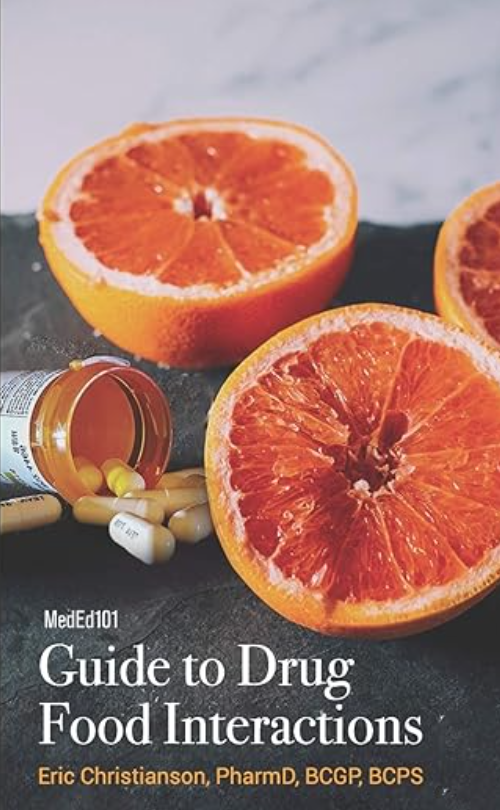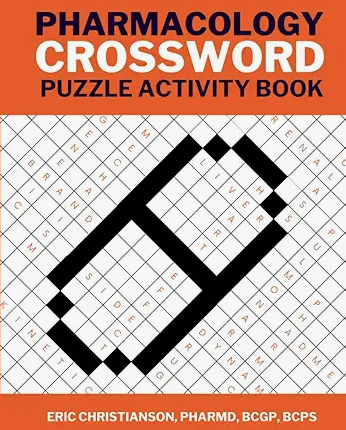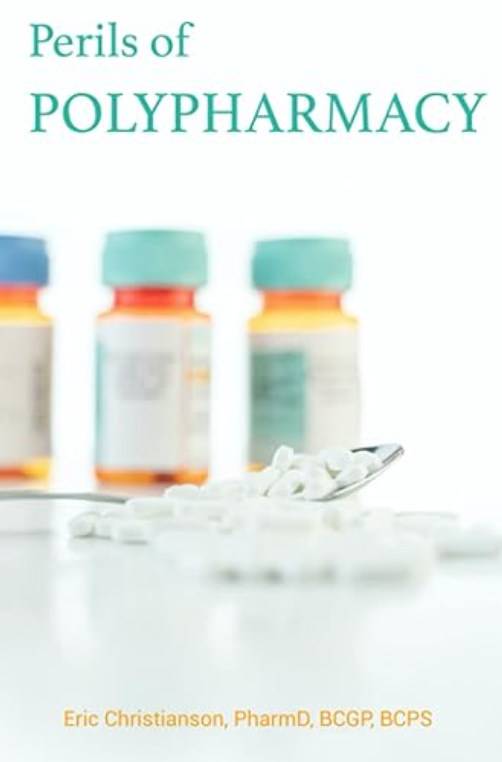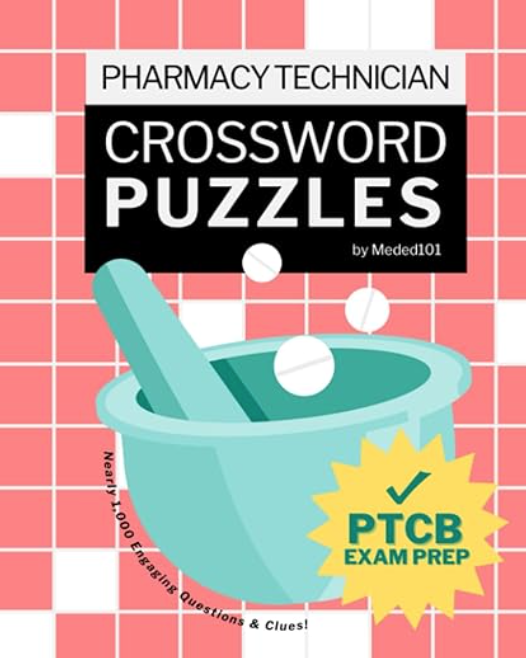To be 100% transparent, I have never personally seen a case of tendon rupture that was likely due to quinolones. I have heard of one from another colleague. It is a very rare adverse effect that has been reported in numerous case studies. What I want you to be aware of in relation to quinolones and tendon rupture is what risk factors will contribute to an increased risk based upon the cases and literature that has been reported. In practice, the two most commonly used medications in the quinolone (AKA fluoroquinolone) class are ciprofloxacin and levofloxacin.
Drug “Interactions” to Pay Attention To – Quinolones and Tendon Rupture
In a sense, the medications used with quinolones may not constitute a true drug interaction, but we can get a sense of what to look out for regarding tendon rupture risk by reviewing the medication list. Patients with a history of rheumatic disease have been associated with a higher risk of tendon rupture when taking quinolones. When I think about this risk, some of the most common rheumatoid diseases include rheumatoid arthritis, gout, and Lupus. If you ever see a DMARD such as methotrexate or hydroxychloroquine, you can anticipate that this patient may be at higher risk for tendon rupture with quinolones. In addition, if you see the patient being treated for gout with allopurinol, colchicine or other gout medications, this may also be a patient at higher risk.
Two additional disease states are reported in the literature as risk factors for quinolone-associated tendon rupture and they are diabetes and renal disease. Medications that may tip you off to a patient being at risk for tendon rupture include diabetes agents. If you notice a patient taking metformin, sulfonylureas, GLP-1 agonists, SGLT2 inhibitors, etc, you may have a patient with a diagnosis of diabetes. Additionally, if you notice a patient on medications that are used in CKD (i.e. phosphate binders, active vitamin D formulations, cinacalcet, etc.) this will also increase the risk of tendon rupture with a quinolone prescription. This would also be a good time to double-check the quinolone dose as quinolones are dosed based on renal function.
Last but not least, corticosteroids are specifically mentioned in the literature. In this article, the authors conclude that corticosteroids “materially” increase the risk of tendon rupture. As a bit of a double whammy, corticosteroids are commonly used for RA and gout flares. The other most common uses for corticosteroids I see in practice are generally respiratory inflammation and skin conditions.
Other Risk Factors
When assessing quinolones and tendon rupture, there are activities and patient characteristics that may increase the risk. In addition to the medications and conditions above, older age (over 60), males, and patients who are athletes or do strenuous activity are at higher risk of tendon rupture from quinolones.
In addition to these risk factors, the higher the dose and the longer the duration of quinolone use are more strongly associated with tendon rupture.
Quinolones and Tendon Rupture Risk Factors:
- Age >60
- Corticosteroid Use
- Rheumatic disorders
- Renal failure
- Diabetes mellitus
- Dose and duration of use
- Males
- Strenuous activity
Have you seen a case of quinolone-induced tendon rupture?
- 30 medication mistakes PDF
- 18+ Page Drug Interaction PDF
- 10 Commandments of Polypharmacy Webinar based on my experiences in clinical practice









I recently developed bronchitis, went to urgent care, and was prescribed a steroid inhaler, steroid dose-pack, albuterol inhaler, and levofloxacin. I saw the warning about tendon rupture on the patient information provided by the pharmacy and thought, hmmm, this is interesting. It wasn’t until a couple days later when I developed left calf and lower leg pain that I looked into it further. That’s when I realized I was male, over 60, and on oral steroids, and the fact that cases of tendon rupture had been reported days to weeks after starting a quinolone. I stopped it, and let the bronchitis take its course. After the fact, I’m not impressed with how nonchalantly the urgent care physician prescribed the combination of meds with my risk factors. Thankfully, I’m fine.
So honestly, what is type of interaction that can take place when Quinolones added to these medications in leading to tendon rupture , I can’t see any additive effect clinically to quinolone side effect which is tendinitis or tendon rupture.
Unfortunately, the mechanism isn’t known. Some have this theory “The mechanism for fluoroquinolone-induced tendon rupture remains uncertain, but has been linked to changes in collagen fibrils following alterations in the regulation of matric metalloproteinases associated with non-traumatic rupture”
Full source here
This is great because I’m always scared to prescribe these but usually do so anyway (I work in internal med, lot of geri patients) because they often have allergies to other options. Thanks for the quick and thorough info
i keep reading blogs very helpful